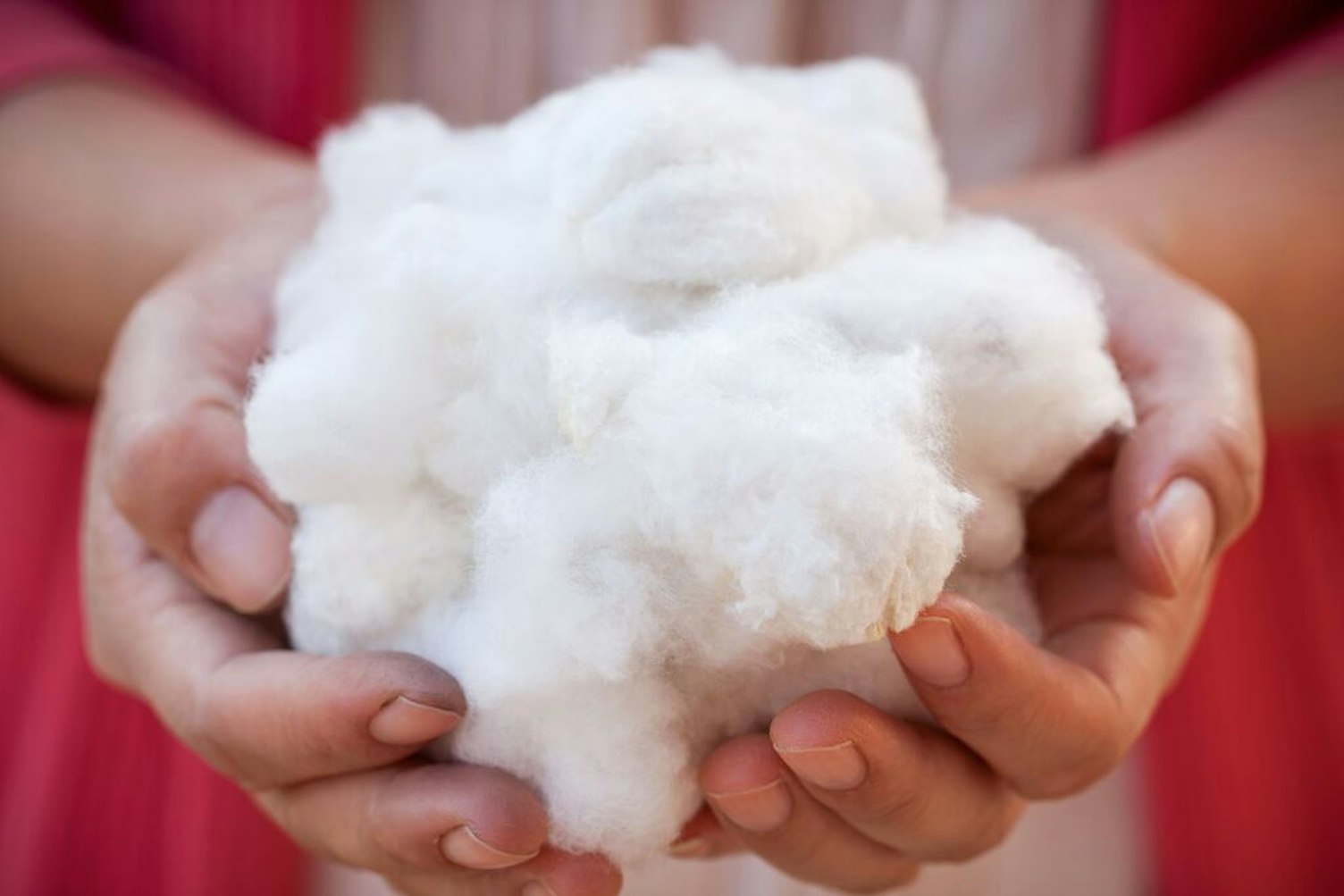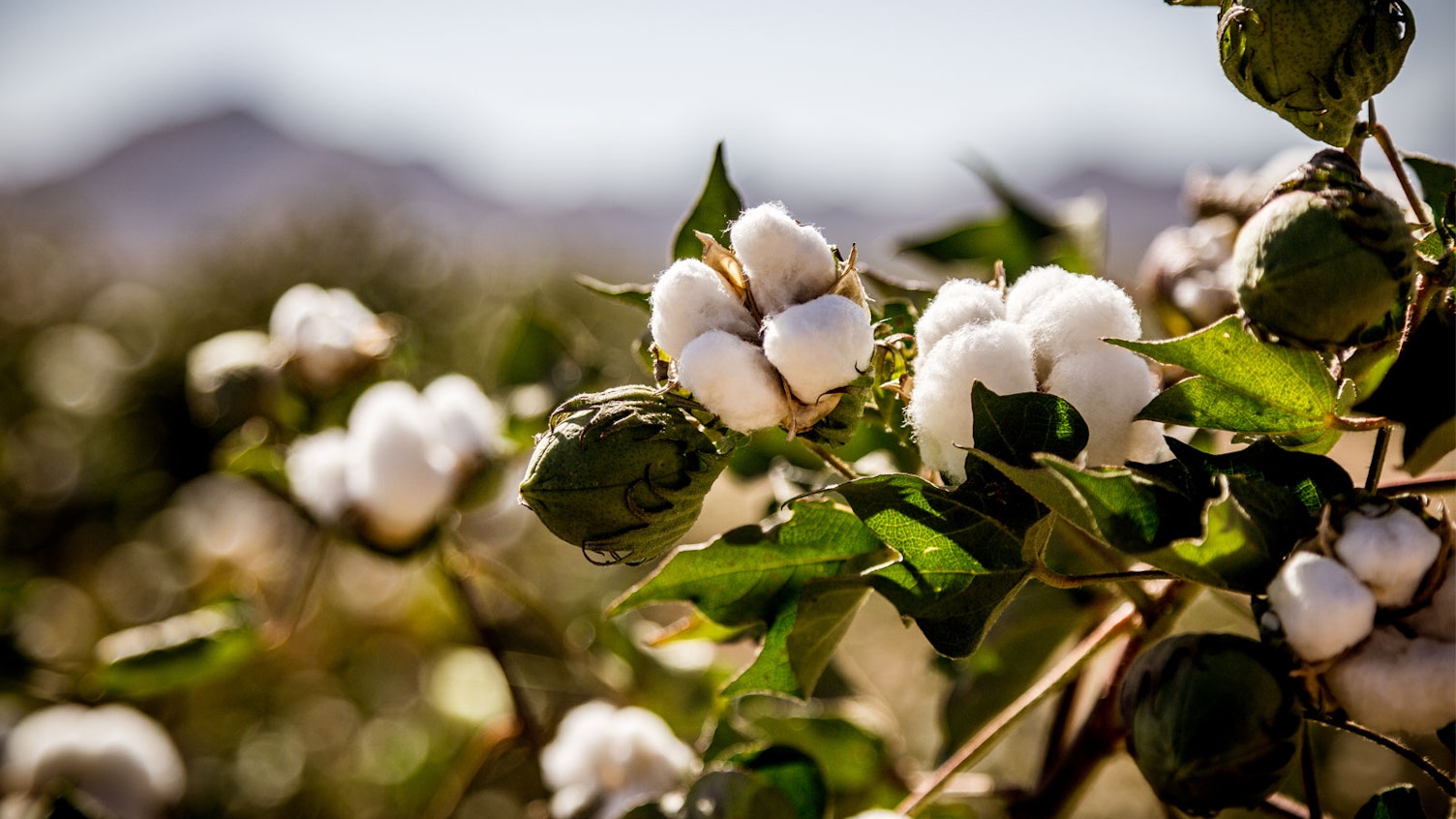Cotton, a vital renewable natural resource, faces sustainability challenges in its cultivation and production. The Better Cotton Initiative (BCI) stands at the forefront of promoting responsible cotton production. Retailers and brand members (RB members) must accurately measure and report their cotton fiber consumption in their processing and supply chain. They must also obtain mandatory independent assessment of results.
Our independent assessment service confirms that your measurements are consistent, credible and align with BCI standards, supporting both the environment and cotton communities.

What is the Better Cotton Initiative (BCI)?
The BCI is a global sustainability program dedicated to improving the environmental and social impacts of cotton production. It requires RB members to accurately measure and report their cotton consumption regularly. This initiative not only supports the sustainable growth of cotton communities, but also ensures the protection and restoration of the environment.
Validate your cotton consumption and align with BCI’s sustainability goals
- Ensure your cotton consumption calculations are consistent and reliable
- Demonstrate your credibility and commitment to sustainability with independent verification
- Establish a solid foundation for your BCI fees
- Showcase continuous improvement in your supply chain
- Meet the requirements for Better Cotton claims
- Minimize the environmental impact of your cotton production
- Enhance livelihoods and economic development in cotton-producing communities
World-leading cotton consumption verification expertise
Our global expertise in sustainability, supply chain management and verification positions us as your ideal partner for cotton consumption verification. Our commitment to environmental compliance and thorough understanding of the industry's challenges enable us to provide unparalleled support, ensuring your cotton consumption data is accurately measured and reported.

Ready to validate your cotton consumption?
Contact us today to discuss your Better Cotton Initiative requirements and take a step toward sustainable cotton production.
FAQ
Launched in 2005 during a WWF roundtable, the BCI was founded by a diverse group of stakeholders, including notable organizations and companies committed to a sustainable future for cotton.
Initial organizations included adidas, Gap Inc., H&M, ICCO Cooperation, IKEA, the International Federation of Agricultural Producers (IFAP), International Finance Corporation (IFC), Organic Exchange, Oxfam, Pesticide Action Network (PAN) UK and the WWF.
To safeguard cotton as a renewable natural resource and promote sustainable practices that improve yields, working conditions and financial security for farmers and farmworkers.
It encompasses all sources and products contributing more than 1% to total cotton consumption, ensuring comprehensive sustainability efforts.
Required documentation includes raw data, calculations, methodology documents and proofs of results to ensure transparency and accuracy in reporting.
RB members must measure and report their cotton consumption in their processing and supply chain. Depending on your membership status, this includes:
- Conventionally grown cotton
- Cotton sourced as Better Cotton
- Cotton identity programs
- Pre-consumer recycled (including comber noils)
- Post-consumer recycled
RB members should measure cotton consumption based on products purchased and sold to customers. The reporting period is 12 months.
The process involves submission of documents, review, communication of findings, corrective actions if needed, and final decision-making, conducted annually or biennially based on company size.
The frequency of assessments is determined by the size of your company to ensure appropriate oversight and support for sustainable practices:
- Medium to very large companies: Annually
- Small companies: Biennially
- Very small companies (under 5,000 MT of cotton): Not obligatory
Country club estate building 9, 21 Woodlands drive, Woodmead,
Johannesburg, South Africa